 How to poll board members in five seconds or less
How to poll board members in five seconds or less
Audience response systems— ARS, for short—have been around for decades, but administrators at Pittsburgh Theological Seminary are using the technology to encourage interaction and gather instant feedback at board meetings. “It’s a tad gimmicky,” admits James Downey, vice president for planning and institutional effectiveness, “but it leads to good dialogue and engagement.”
Here are two examples of how audience response can work:
Using a software program, a discussion leader projects on a screen a long list of strategic issues that a school faces. Trustees, responding individually and anonymously, send text messages from their cell phones or laptops that indicate the three issues they believe deserve priority. The software program gathers the responses and projects the results within two to five seconds. “Sometimes participants are surprised by what they see, and sometimes the results simply confirm what the group expected,” says Downey.
Using the same software, a discussion leader tosses out a general question, such as, “What percentage of students currently are enrolled in at least one online class?” Members of the audience text their guesses, which quickly appear on the screen. “This gives insight into the group’s awareness of how pervasive online learning is,” explains Downey. “Then I might immediately follow up with a chart that shows the actual numbers.” A lively conversation ensues about the gap between perception and reality.
Among the advantages of ARS technology is that it can gather input from board members who are onsite or at remote locations. It also gives a voice to reticent members less likely to share their thoughts and opinions with the group.
“This isn’t high-end technology,” says Downey, who uses Poll Everywhere (www.polleverywhere.com). “In fact, it’s much simpler than a lot of people would think. We’ve found that most board members already know how to send text messages—especially if they have kids or grandkids. The few who are unfamiliar with the concept generally say, ‘Well, it’s about time I learned.’” — Holly Miller
May nonprofit boards vote online?
A new report reveals that in most of the United States, a nonprofit board may legally make decisions remotely, using certain kinds of electronic communications. Research conducted by BoardEffect indicates that nonprofit boards may hold official meetings and take votes by conference call in all 50 states and the District of Columbia, as long as bylaws permit such meetings.
Conference calling allows all participants to both hear and speak throughout the meeting. Other forms of interactive technology—like webinar services or e-mail—might not allow all participants to communicate their concerns immediately. States have differing laws regarding the use of this technology to conduct board meetings with participants at remote sites.
In six states—Alaska, Arkansas, Kentucky, Massachusetts, New Hampshire, and Oklahoma—statutes do not address the question of how nonprofit boards may meet or vote. Instead, each organization is free to determine its own meeting and voting procedures.
In the other 44 states and the District of Columbia, statutes permit official meetings to be held remotely as long as certain conditions are met. Usually the condition is that all board members can hear the meeting (but not necessarily speak). But in seven states— California, Illinois, Louisiana, Michigan, Texas, Vermont, and Wyoming— statutes require that board members be able to communicate “concurrently” or “simultaneously” with one another—that is, that members can both hear and speak to the whole group.
In those seven states, an e-mail vote after a webinar presentation by the president would be acceptable if board members also had the opportunity for discussion. On the other hand, without discussion, a webinar presentation followed by e-mail vote might not constitute a legal vote.
None of the 44 states permit meetings or votes conducted by e-mail alone unless the e-mail vote is held in conjunction with a simultaneous discussion, such as one held by conference call.
In all cases, conference calls may be replaced with online meetings and voting using meeting software or apps, as long as the software allows for simultaneous discussion.
BoardEffect sells software that helps nonprofit boards organize their meetings, share meeting materials and presentations, and conduct meetings online. For more information on their research, visit bit.ly/BoardEffect. For the exact statutory wording in each state, download the full report at https://bit.ly/BoardEffectReport.
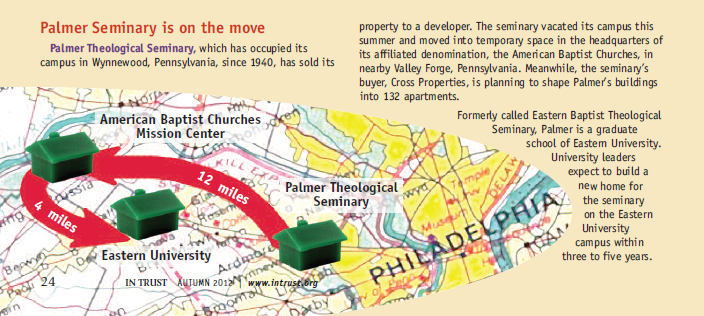
Changes at the top
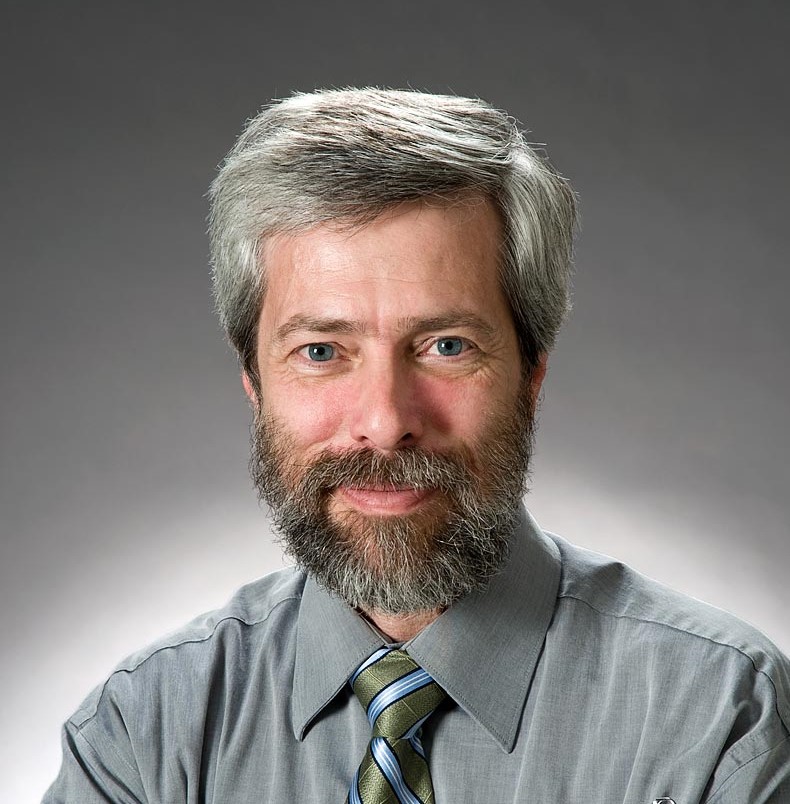 |
| Gordon T. Smith |
■ The Rev. Gordon T. Smith has been named president and professor of systematic and spiritual theology at Ambrose University College in Calgary, Alberta. He succeeds the Rev. R. Riley Coulter, acting president and chancellor since 2011, who stepped in to fill the vacancy created when the Rev. Howard Wilson resigned after two years at the helm of the school.
From 2003 until this year, Smith was president and CEO of reSource Leadership International, a Canadian mission organization formerly called Overseas Council Canada, which provides training for church leaders in the developing world. Previously, he was academic vice president and dean, as well as associate professor of spiritual theology, at Regent College in Vancouver, British Columbia. He has also taught at Canadian Theological Seminary in Regina, Saskatchewan (one of the predecessor institutions of Ambrose University College) and at Alliance Biblical Seminary in Manila, the Philippine capital city.
Smith is a graduate of Canadian Theological Seminary and Loyola School of Theology in Manila. He and his wife, Joella, have two sons.
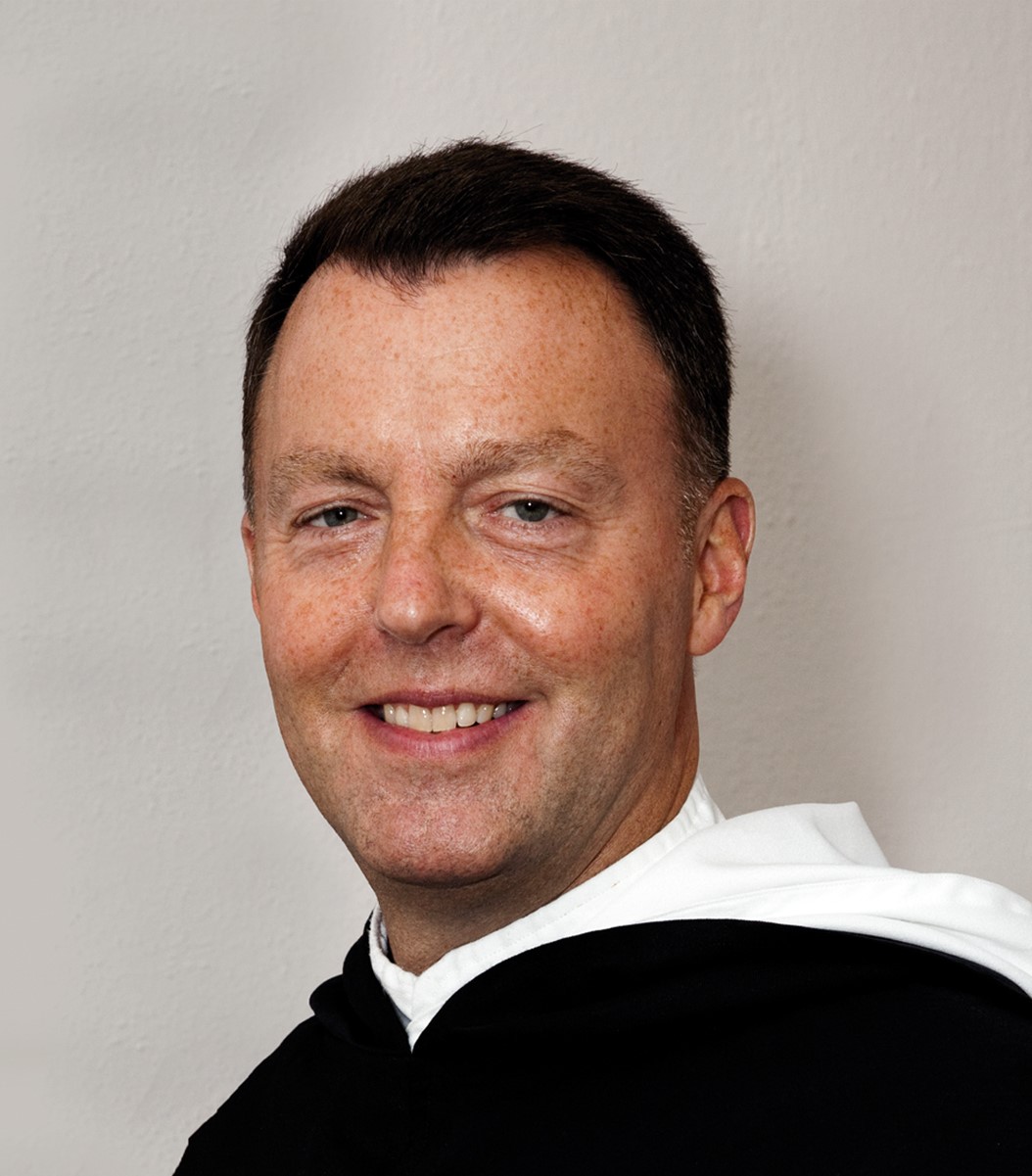 |
| David Caron |
■ Dominican Father David Caron has been named interim president of Aquinas Institute of Theology in St. Louis. Father Caron will serve until June 2013 during a search for a president to succeed Dominican Father Richard Peddicord, who led Aquinas from 2008 until earlier this year. Father Peddicord was named principal of Fenwick High School, a Dominican prep school in Oak Park, Illinois.
A former diocesan priest, Father Caron was solemnly professed as a member of the Order of Preachers (commonly known as the Dominicans) in 2003. He taught at the Aquinas Institute of Theology and at St. Louis University before becoming director of the Center for Dominican Studies at Barry University in Miami.
A graduate of Springfield College and St. John’s Seminary, both in Massachusetts, and the Catholic Theological Union in Chicago, Caron was ordained in 1989.
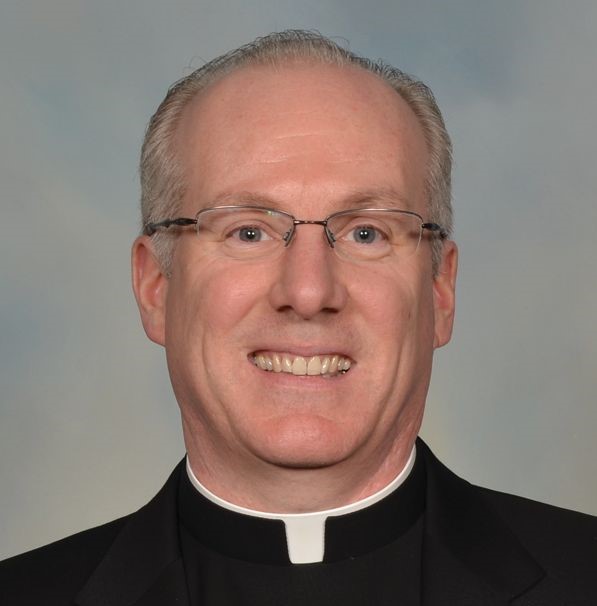 |
| Joseph R. Reilly |
■ Archibishop John J. Myers of Newark, New Jersey, has named Msgr. Joseph R. Reilly as rector of Immaculate Conception Seminary, the graduate- level major seminary located at Seton Hall University. Msgr. Reilly succeeds Msgr. Robert F. Coleman, the seminary’s rector and dean since 2000, who was appointed associate vice provost for international programs and development at Seton Hall.
Msgr. Reilly was ordained in the Archdiocese of Newark in 1991. He served New Jersey parishes until 1994, when he became priest-secretary to Archbishop Theodore E. McCarrick. In 1995, he joined the staff of Seton Hall Prep, where he served as a faculty member and chaplain. In 2002, he was named rector of St. Andrew Hall, the undergraduate-level college seminary at Seton Hall University, which he led until being named rector of the major seminary.
Msgr. Reilly is a graduate of Seton Hall University, the Gregorian University in Rome, the Teresianum Institute in Rome, and Fordham University.
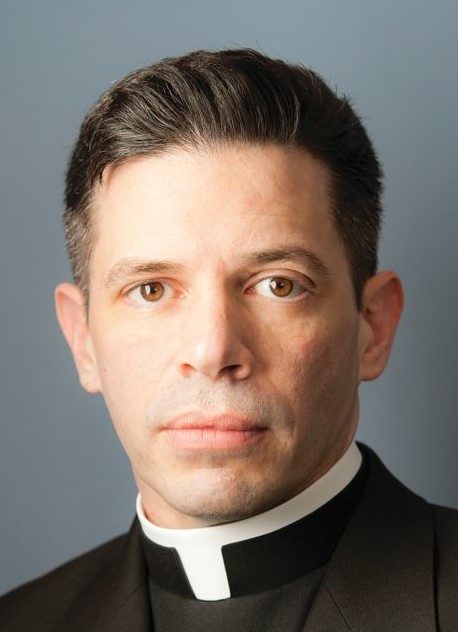 |
| Mark Francis O'Malley |
■ Archbishop Myers has also named Father Mark Francis O’Malley to succeed Msgr. Reilly as rector of St. Andrew Hall. A graduate of both St. Andrew Hall and Immaculate Conception Seminary, Father O’Malley was ordained in the Archdiocese of Newark in 1995 and served several New Jersey parishes until 2002, when he was named director of Emmaus House, a center for vocational discernment sponsored by the Archdiocese of Newark, and campus minister at the Newark campus of Rutgers University. From 2004 to 2009, he pursued doctoral studies at the Gregorian University in Rome.
Since 2009, Father O’Malley has been assistant professor of church history at Immaculate Conception Seminary, and will continue to teach at Immaculate Conception Seminary while leading St. Andrew Hall.
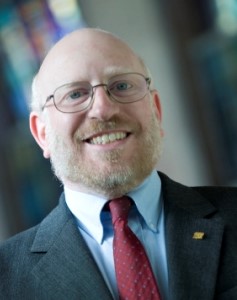 |
| Thomas J. Massaro |
■ Jesuit Father Thomas J. Massaro has been named dean of the Jesuit School of Theology of Santa Clara University. He succeeds Jesuit Father Kevin F. Burke, who has returned to the faculty as associate professor of systematic theology. In 2006, Burke joined the faculty of the Jesuit School of Theology at Berkeley as academic dean, but that year, the school began a three-year process that culminated in its integration into Santa Clara University. Burke served both as acting president of the school of theology during its last year as a freestanding school and as executive dean during the school’s first years as a part of Santa Clara University.
Father Massaro is currently professor of moral theology at the Boston College School of Theology and Ministry. A graduate of Amherst College, Fordham University, the Weston Jesuit School of Theology, and Emory University, he became a Jesuit in 1983 and was ordained a priest 10 years later. Father Massaro began teaching at Weston Jesuit School of Theology in 1997. In 2008, Weston became the Boston College School of Theology and Ministry.
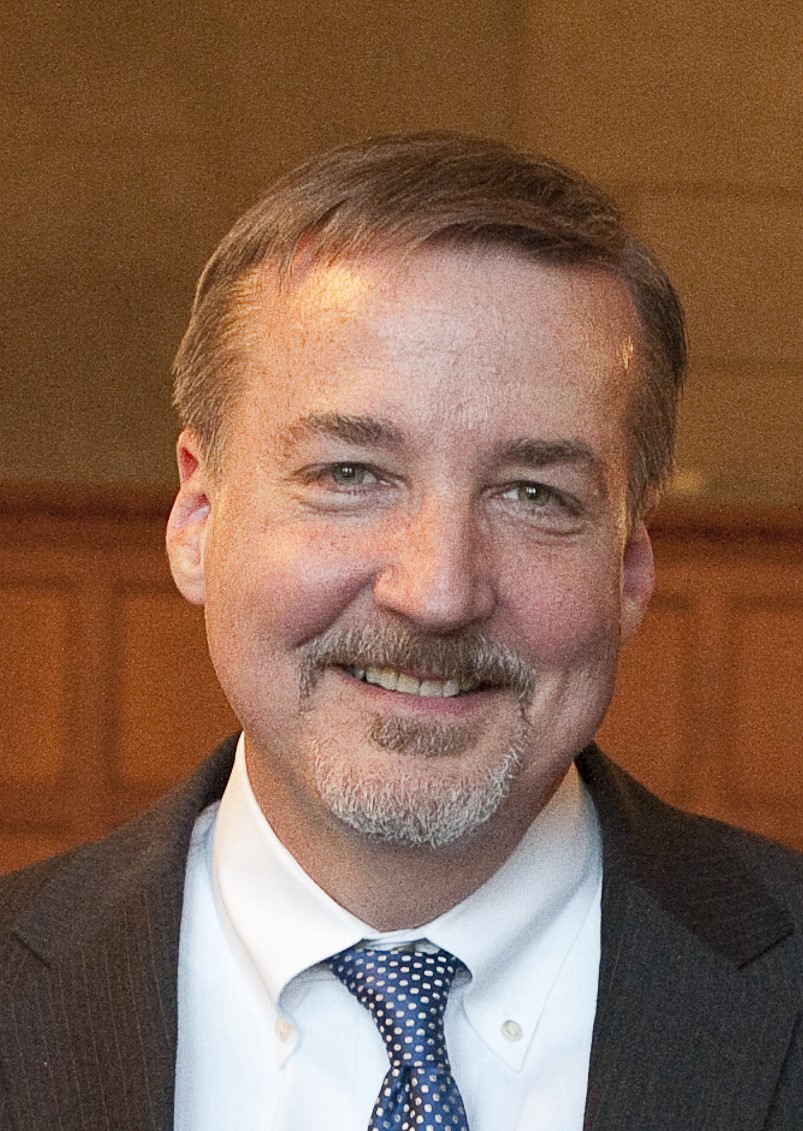 |
| James Nieman |
■ The board of directors of the Lutheran School of Theology at Chicago (LSTC) has named the Rev. James Nieman as the school’s seventh president. He succeeds the Rev. Philip L. Hougen, who was named interim president in May 2011 on the resignation of the Rev. James K. Echols, who had led the school for the previous 14 years. LSTC is one of eight seminaries affiliated with the Evangelical Lutheran Church in America.
Nieman was previously professor of practical theology at Hartford Seminary, where he had also served as academic dean for the last year. From 1992 to 2004, he was professor of homiletics at Wartburg Theological Seminary.
Nieman is a graduate of Pacific Lutheran University, Wartburg Theological Seminary, and Emory University. He is married to the Rev. JoAnn A. Post, pastor of Concordia Lutheran Church in Manchester, Connecticut, and they have two daughters.
■ In February, the board of trustees of North Park University in Chicago nominated the Rev. David W. Kersten to be dean of the university’s graduate school of ministry, North Park Theological Seminary. In March, the executive board of the Evangelical Covenant Church approved the nomination, and in June, the appointment was approved by the denomination’s annual meeting.
Kersten succeeds John E. Phelan Jr., who was dean and president of the seminary for 14 years before stepping down in 2010. From 2010 until this summer, the seminary was led by a three-member executive team that included the academic dean, the dean of students and community life, and the director of field education. After a sabbatical, Phelan returned to the seminary as senior professor of theological studies.
From 2001 until this year, Kersten was executive minister of the Ordered Ministry for the Evangelical Covenant Church, and he previously had served as pastor of congregations in Florida, Washington, and Minnesota. He is a graduate of both the undergraduate and seminary programs at North Park. He and his wife, Sandra, have three adult children.
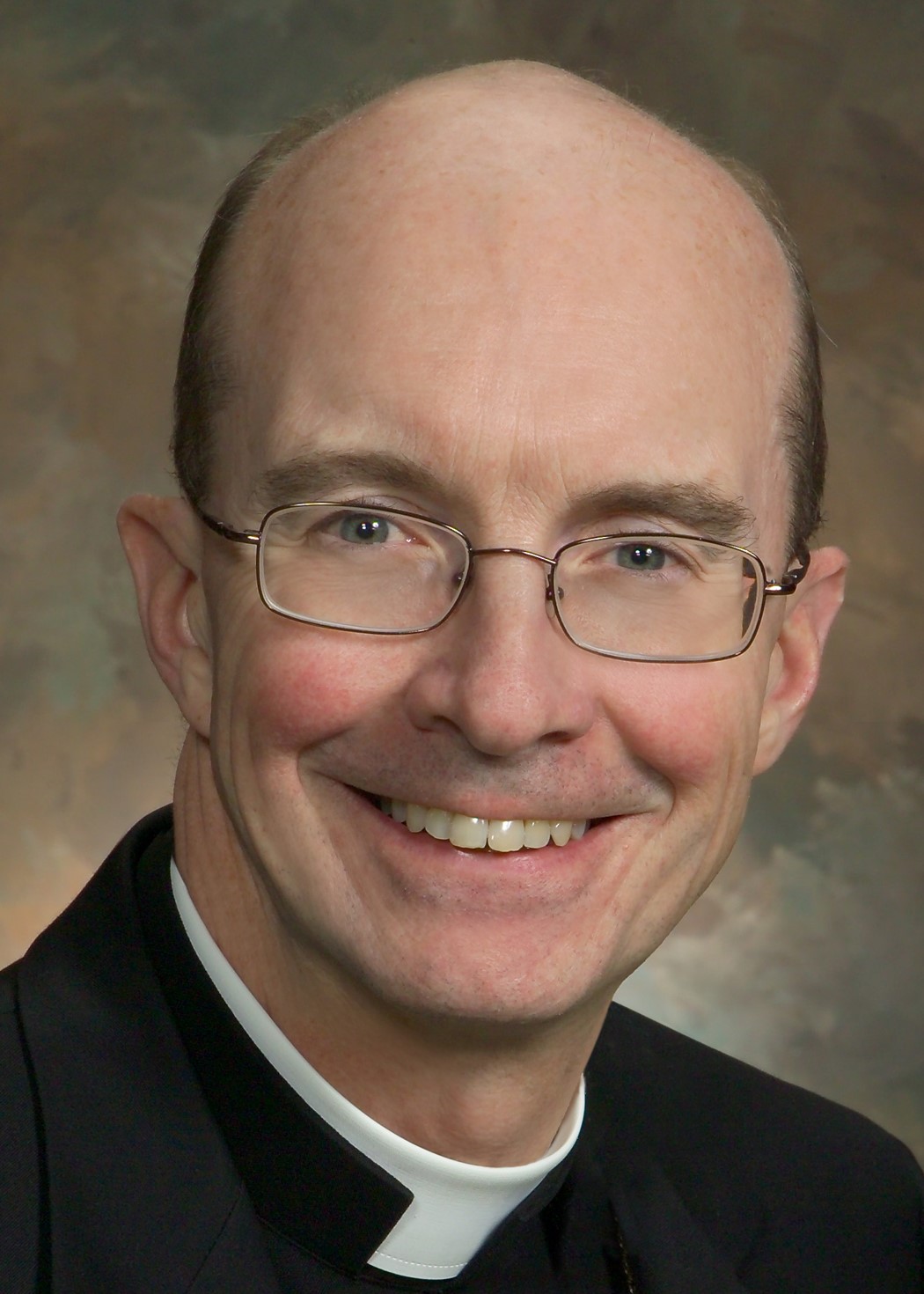 |
| Timothy Senior |
■ Archbishop Charles J. Chaput of Philadelphia has named Auxiliary Bishop Timothy Senior as rector of St. Charles Borromeo Seminary, the archdiocesan seminary in Wynnewood, Pennsylvania. Senior succeeds Father Shaun Mahoney, rector since 2010, who was named chaplain at the Newman Center at Temple University. Mahoney was also chaplain at Temple from 2005 to 2010.
Since 2009, Bishop Senior has been serving as vicar general and moderator of the curia in the Archdiocese of Philadelphia, and he was sitting on the St. Charles seminary board at the time of his appointment as rector. Ordained a priest in the Philadelphia archdiocese in 1985, he is a graduate of St. Charles Borromeo Seminary and Boston College, where he received master’s degrees in social work and business administration.
From 1992 to 2004, Senior was deputy secretary and then secretary for Catholic Human Services within the Archdiocese of Philadelphia, and from 2004 to 2009, he was vicar for clergy. In 2009, Senior was named an auxiliary bishop of Philadelphia, and he was consecrated by Cardinal Justin Rigali on July 31, 2009.
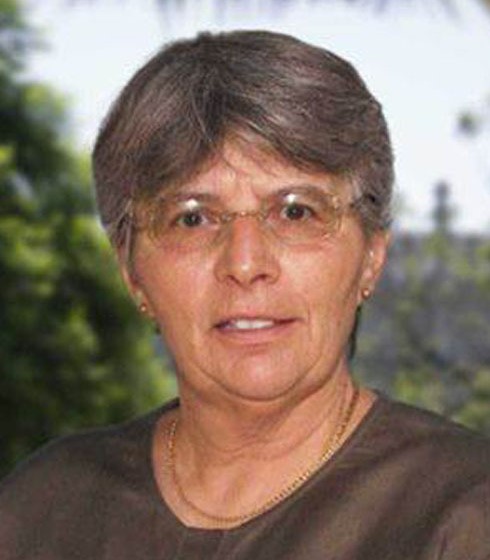 |
| Maria Pascuzzi |
■ Sister Maria Pascuzzi, a member of the Sisters of St. Joseph, has been named dean of the School of Theology and Ministry at St. Thomas University in Miami Gardens, Florida. She succeeds Dr. Joseph Iannone, who retired in 2010 after serving as the first dean of the School of Theology and Ministry following the university’s reorganization in 2007. Dr. Mercedes R. Iannone, a professor in the School of Theology and Ministry who is Joseph Iannone’s spouse, served as interim dean following his retirement. For the past 12 years, Pascuzzi has been on the faculty of biblical studies at the University of San Diego, where she was also founding director of the university’s Center for Catholic Thought and Culture. Previously she taught at St. Joseph’s Seminary and the Seminary of the Immaculate Conception, both in New York, and St. Peter’s College in Jersey City, New Jersey.
Pascuzzi is a graduate of St. Joseph’s College in Brooklyn, Providence College in Rhode Island, and the Pontifical Biblical Institute, Gregorian University, and the University of St. Thomas Aquinas (also called “the Angelicum”), all in Rome.
St. Thomas University is sponsored by the Catholic Archdiocese of Miami, and its School of Theology and Ministry is an associate member of the Association of Theological Schools.
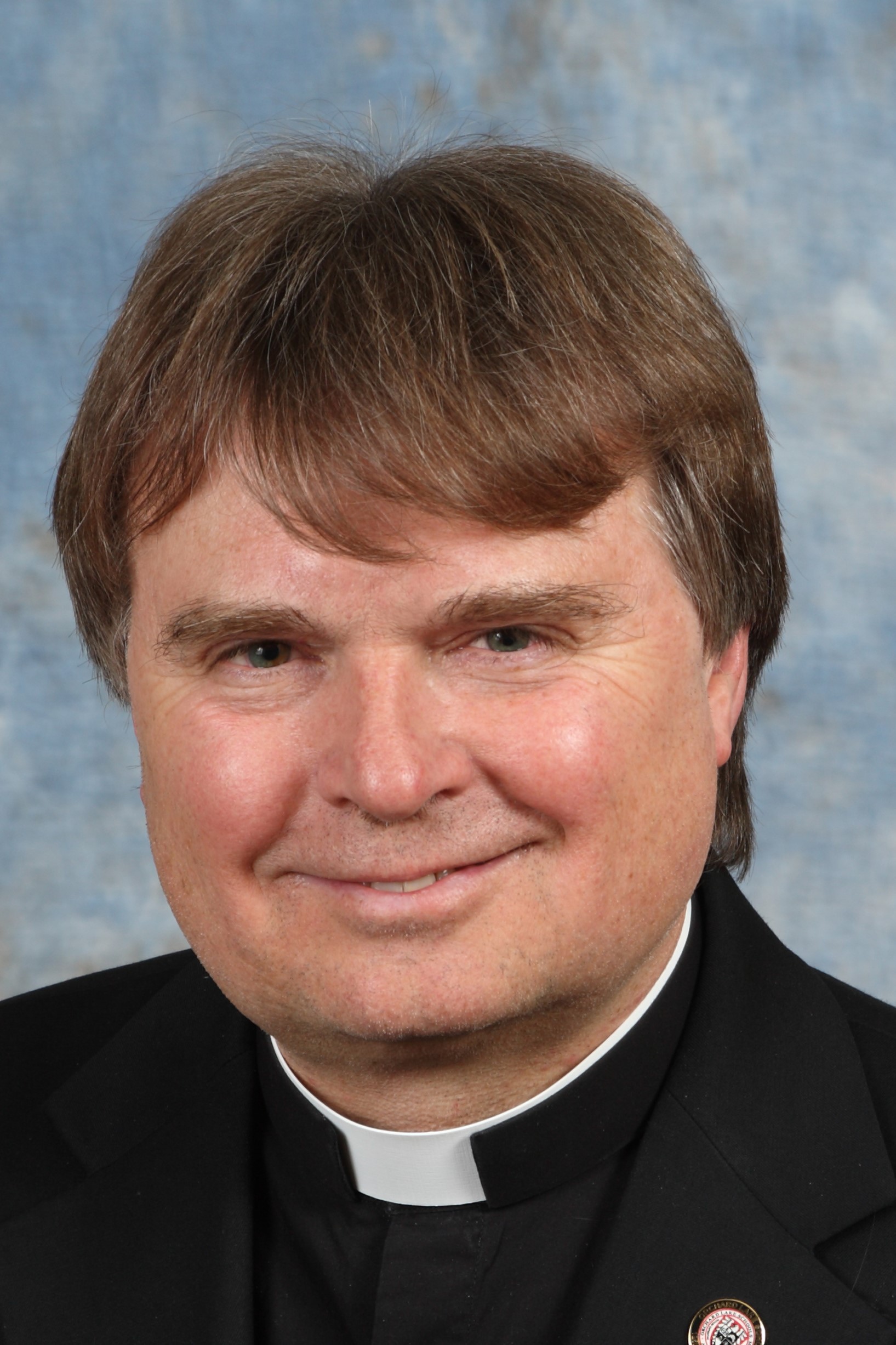 |
| Timothy F. Whalen |
■ Father Timothy F. Whalen became 11th rector of Saint Vincent Seminary in Latrobe, Pennsylvania, in January 2012. He succeeded Benedictine Father Justin M. Matro, rector since 2006, who returned to the seminary faculty as assistant professor of spiritual theology.
Whalen is a priest of the Diocese of Pittsburgh. For the 12 years prior to his new appointment, he was chancellor of the Orchard Lake Schools in Orchard Lake, Michigan, which includes Saints Cyril and Methodius Seminary and St. Mary’s Preparatory School.
Whalen is a graduate of Duquesne University in Pittsburgh and Mount St. Mary’s Seminary in Emmitsburg, Maryland. Before moving to Michigan in 2000, he was director of Catholic campus ministry at California University of Pennsylvania and served in various parishes in the Diocese of Pittsburgh.
St. Vincent Seminary shares a campus with a coeducational liberal arts college and a monastic community numbering more than 150. Founded in 1846, it is the oldest Benedictine seminary in the United States. Archabbot Douglas R. Nowicki, who heads the archabbey, is chancellor of the seminary.
■ The board of trustees of Trinity Bible College has named the Rev. Paul Alexander as the college’s eighth president. He succeeds the Rev. G. L. (Jack) Strom, president since 2008, who stepped down to pursue new avenues of ministry.
For the past eight years, Alexander has been principal of Mattersey Hall College and Graduate School, an Assemblies of God institution in the United Kingdom. He has also led churches in South Africa and Australia and has founded several Christian ministries, including Prepare International and the Africa School of Missions in South Africa.
Both Paul Alexander and his wife, Carol Alexander, are graduates of Mattersey Hall, the University of Wales, and Bangor University, all in the United Kingdom. Carol Alexander was a senior lecturer at Mattersey Hall, and she served as course leader for the bachelor’s program in Christian leadership; she has been appointed director of postgraduate studies at Trinity Bible College. They have two grown children.
Trinity Bible College, an Assemblies of God institution, is accredited by the Association for Biblical Higher Education.
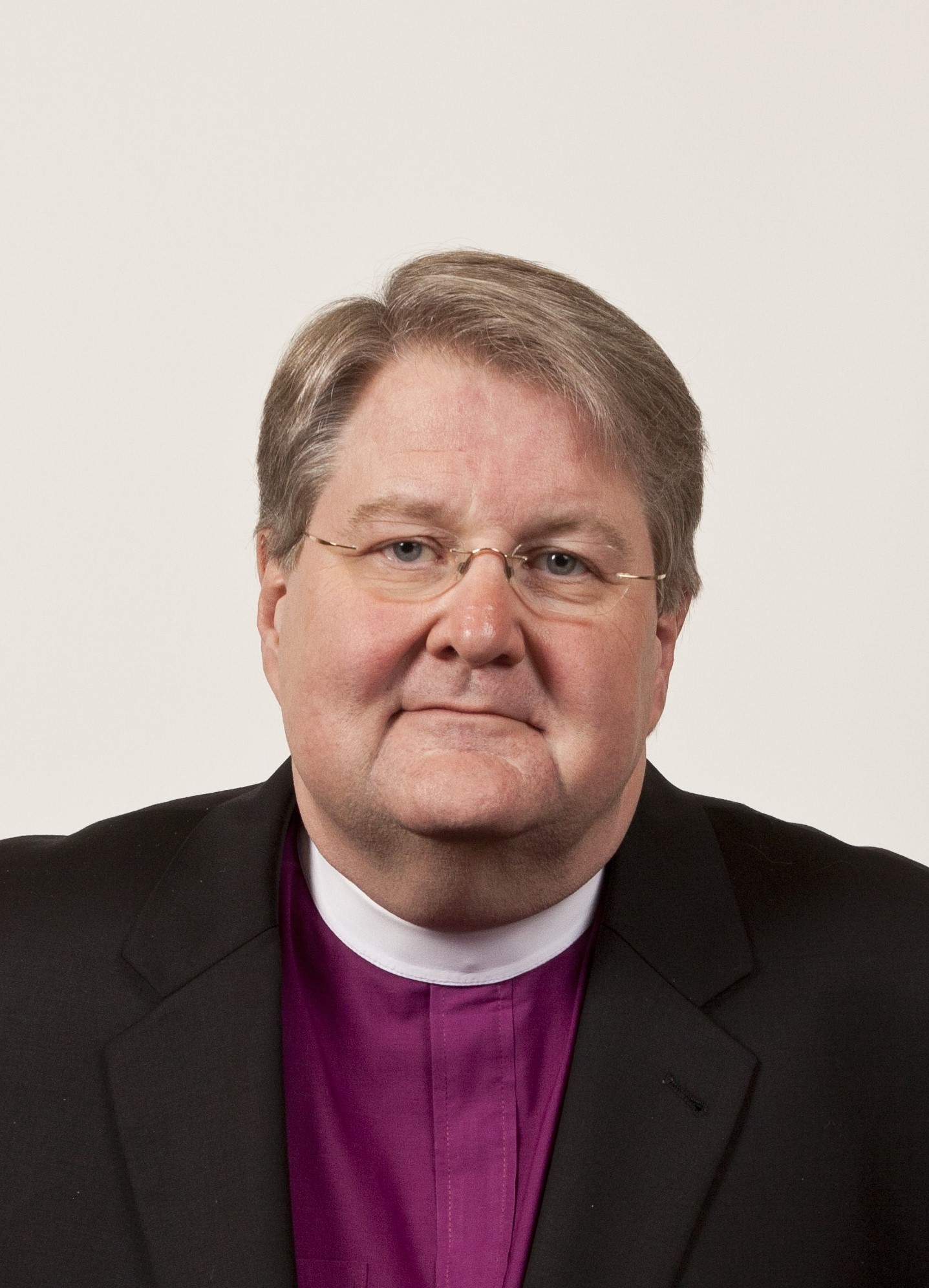 |
| J. Neil Alexander |
■ Bishop J. Neil Alexander has been named dean of the University of the South School of Theology, an Episcopal seminary in Sewanee, Tennessee. He succeeds the Very Rev. William S. Stafford, who retired on July 1 after leading the School of Theology since 2005.
Bishop Alexander has been serving the University of the South as chancellor, or head of the board of trustees, a position that he resigned upon his appointment as dean. He had previously announced his intention to step down from leadership in the Episcopal Diocese of Atlanta after serving as bishop since 2001.
Alexander has been a member of the university’s board of trustees since 2001, and he joined the smaller board of regents in 2005. He was Norma and Olan Mills Professor of Divinity at the School of Theology from 1997 to 2001.
Alexander is a graduate of Moravian College, the University of South Carolina, Lutheran Theological Southern Seminary, and the General Theological Seminary. He previously taught at the General Theological Seminary, Yale University, Drew University, and Waterloo Lutheran Seminary.
Alexander was ordained as an Episcopal priest in 1988 after first serving as a Lutheran pastor. He and his wife, Lynn Tesh Alexander, a nurse practitioner, have three adult children.
Christian college group names new president
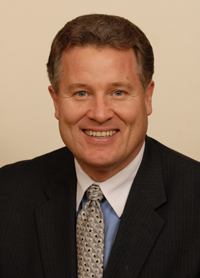 |
| Edward O. Blews Jr. |
The board of directors of the Council for Christian Colleges and Universities (CCCU) has named Edward O. Blews Jr. as the organization’s next president, effective January 1, 2013. Blews will succeed Paul Corts, president for six years, who is retiring.
For the last 28 years, Blews has served as president of the Association of Independent Colleges and Universities of Michigan, a membership organization for 49 independent colleges and universities. He has also served in various leadership roles with the National Association of Independent Colleges and Universities and the National Association of Independent College and University State Executives.
Blews is a graduate of Seattle Pacific University and the Thomas M. Cooley Law School and recently served on the CCCU board for three years. His wife, Debra McKenna Blews, is an attorney who serves on the boards of trustees of Spring Arbor University and Asbury Theological Seminary.
The North American membership of the CCCU includes 116 evangelical colleges and universities that offer degrees in the arts and sciences. The organization also includes 54 affiliate members from 18 foreign countries.